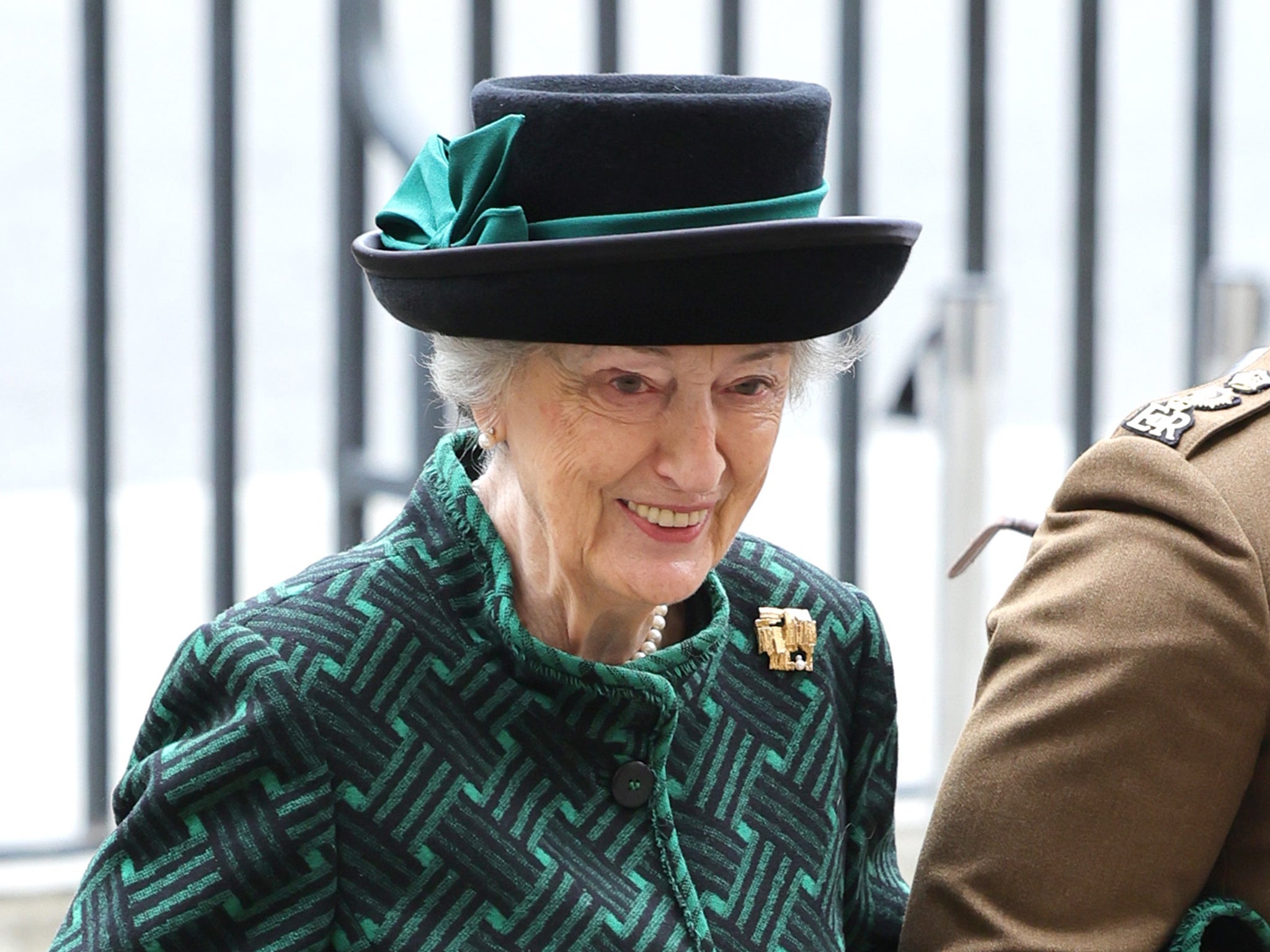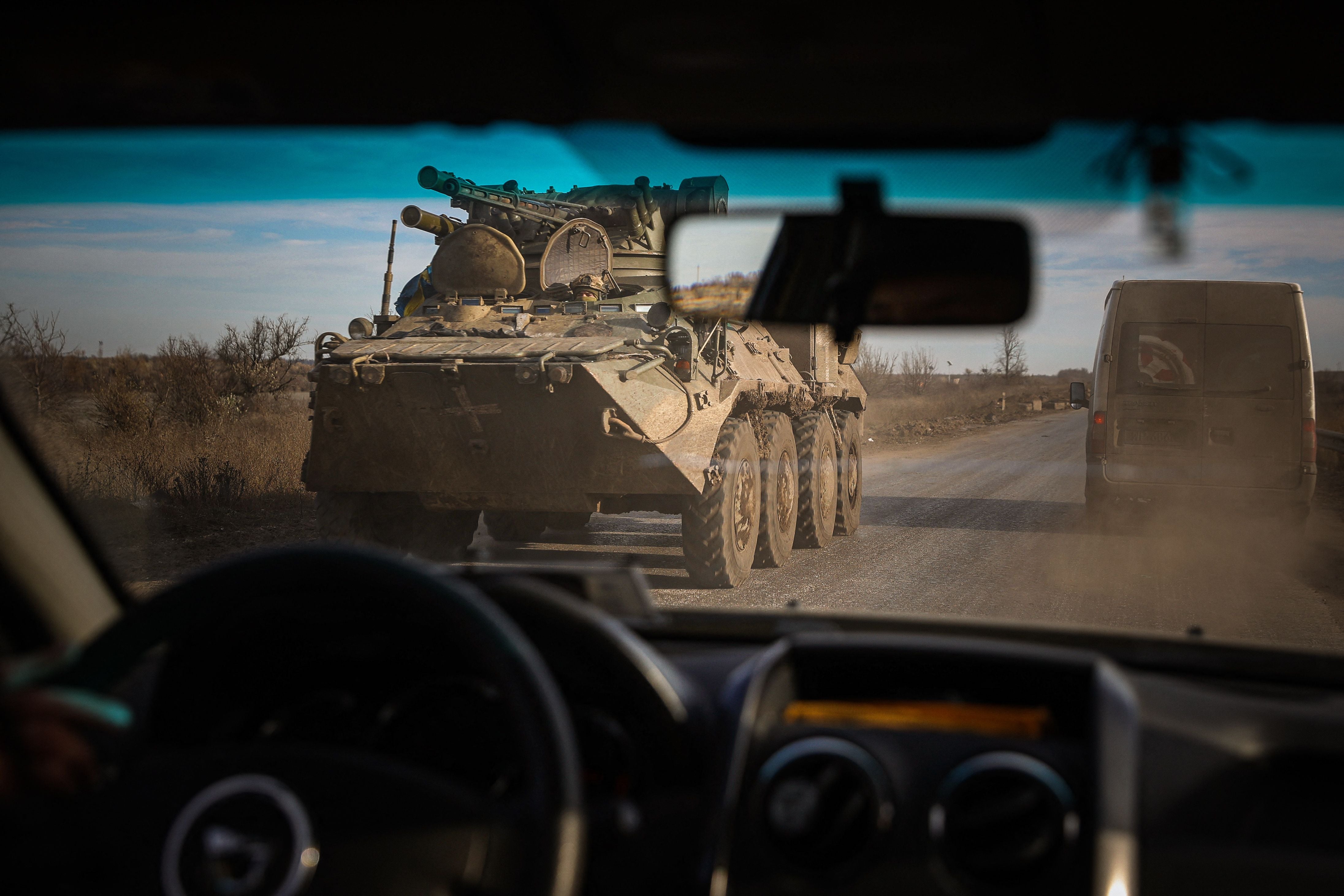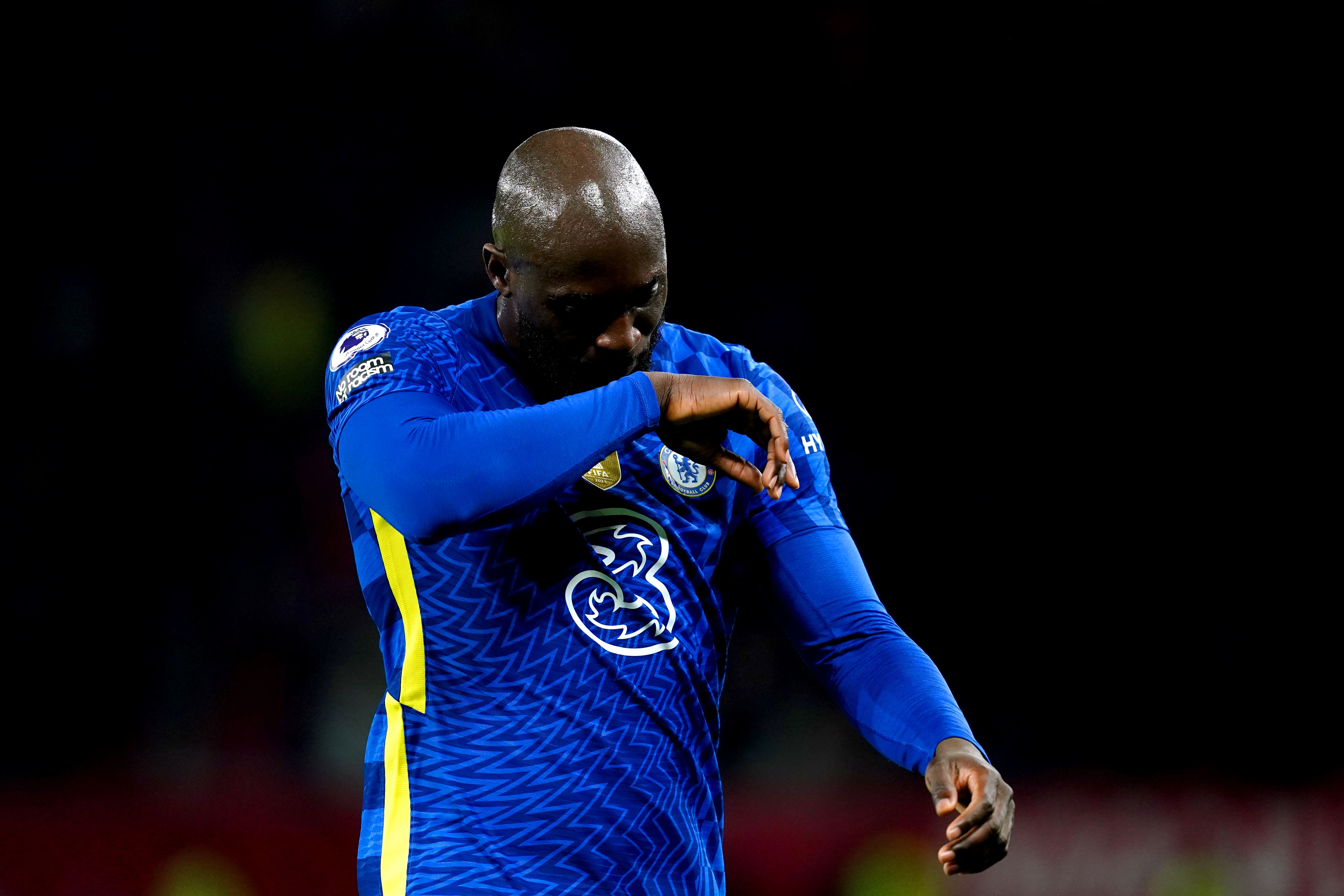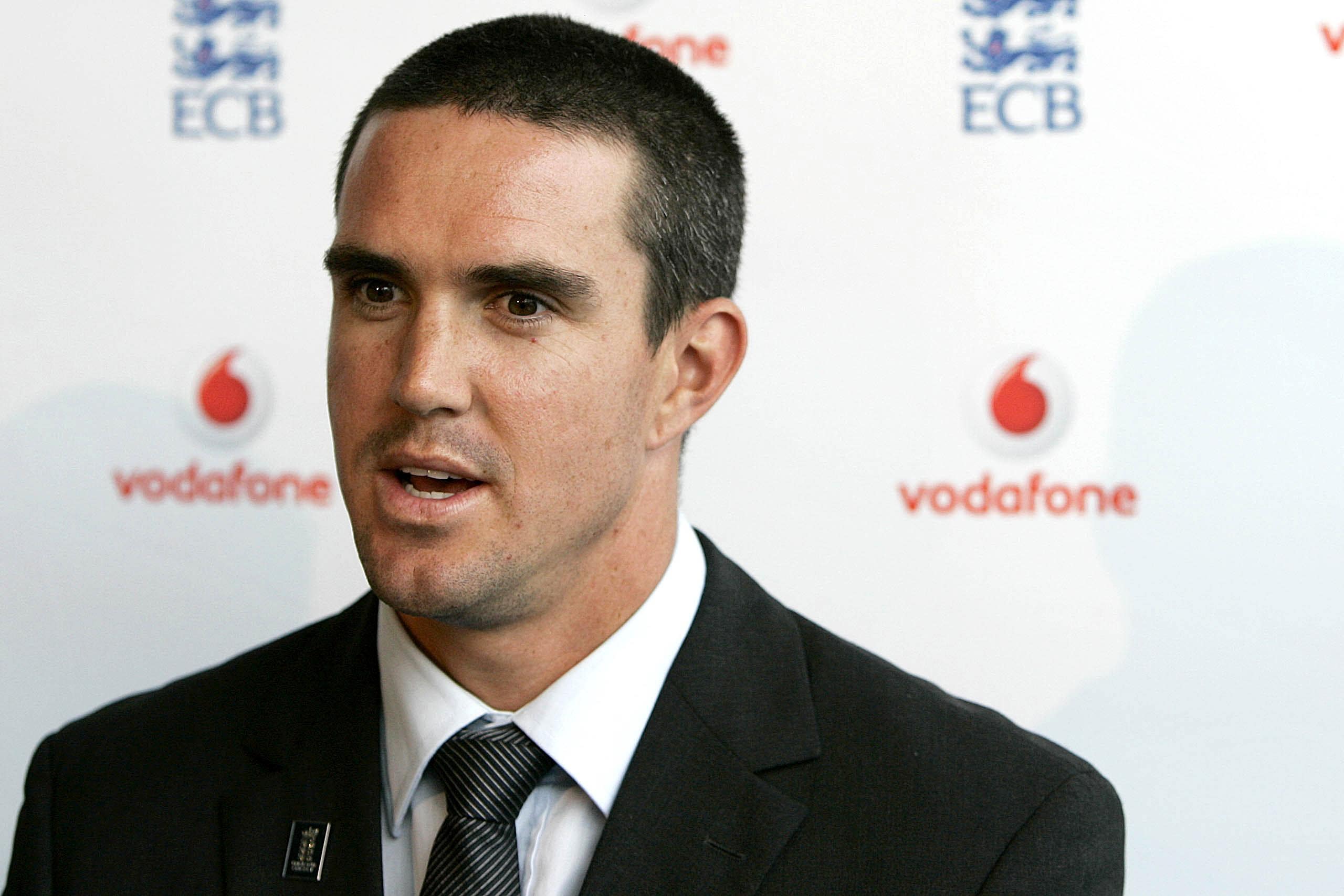World Cup winning coach Jill Ellis blown away by ‘unpredictable’ tournament
Sign up to Miguel Delaney’s Reading the Game newsletter sent straight to your inbox for free
Sign up to Miguel’s Delaney’s free weekly newsletter
Thanks for signing up to the
Football email
Double World Cup-winning coach Jill Ellis confesses even she is blown away by the utter unpredictability of the 2023 tournament, which has already seen six top-20 sides bow out at the group stage.
The most shocking of those upsets came on Thursday night, when world number two Germany were dumped from Group H after never failing to reach the quarter-finals in eight previous tournaments.
Counter to the disappointed faces of the two-time champions were those of group rivals and debutants Morocco who, in a viral clip, huddled around a phone on the pitch before erupting in elation after learning their world number 72 side had made it to the knockouts.
“It’s been a doozy so far,” said Ellis, who guided the USA to back-to-back titles in 2015 and 2019 and now heads the tournament’s technical study group.
Recommended
“I think we all feel this. Gone are the days of total predictability. Progress sits very clearly at the core, and certainly the competitiveness can be felt [with] giants in the game getting knocked out, we see debutants advance to the next round, which I think lends itself to this being just one of the most unpredictable and arguably exciting World Cups we’ve seen to date.
“If I’m candid, I really am surprised. I think when you suddenly see a Germany or a Brazil get knocked out of a World Cup in group stage.
“I don’t think any of us could have predicted that. I’m excited by the development, of course, for sure. But I think I was thinking that one more iteration of the World Cup before we started to see even more parity that we’re starting to see right now.”
Olympic champions Canada (seventh) and Brazil (eighth) were the other two top-10 sides to be sent packing after the group stage, joining China (14th), Italy (16th) and South Korea (17th) amongst some of the world’s top-ranked teams eliminated.
For the first time, three African nations – Morocco, Nigeria and South Africa – all advanced to the knockouts, while Jamaica made history by reaching the last-16 for the first time, despite an ongoing dispute with their federation over pay, resources and conditions that resulted in players airing their grievances in an open letter on social media before the World Cup.
Nigeria and South Africa are among other qualifying nations who were involved in pre-tournament disputes with their respective federations – a group that also includes England, who have vowed to fully focus on winning a first World Cup before resuming discussions with the Football Association over bonus payments and commercial structures.
Each nation competing at this World Cup also received US $960,000 (£753,830) to exclusively cover preparation costs.
While some sides seem to be defying the odds, Ellis and her expert panel have pointed overall to a clear correlation between investment and resourcing and performance.
The Royal Moroccan Football Federation, for example, has significantly invested in girls’ and women’s football since a system overhaul in 2009, and six years ago created a women’s football academy where players have access to the same facilities as the men’s national team.
Ellis said: “I was blown away by the facility. It’s one of the nicest I’ve ever seen, and it just kind of made me realise that yes, there are federations that are taking this very seriously.”
FIFA’s data after the group stage also reflect an increasingly competitive pool. The proportion of goals scored in the first half of matches has increased by nine per cent since the 2019 tournament, while the proportion scored in the first half by teams who did not advance increased by 18 per cent, from 5 per cent in 2019 to 23 per cent in 2023.
We can arguably say that there aren’t gaps
At the same time, Ellis’ team also observed a rise in the quality of goalkeeping, which saw the average save percentage increase from 70 per cent four years ago in France to 77 per cent in 2023, while the percentage of matches ending in a draw has increased from eight per cent to 21 per cent.
Add in more players signing with clubs in increasingly well-resourced leagues and national teams developing clearer tactical identities shaped to their individual strengths and weaknesses, and this becomes perhaps the most open Women’s World Cup yet.
Recommended
Ellis added: “We hear this constant comment about gaps and where are the gaps. We can arguably say that there aren’t gaps. That on any given day, a team can come out here and be competitive against another team.
“And so it’s going to be incredibly exciting to see how this plays out.”
Source: Read Full Article






